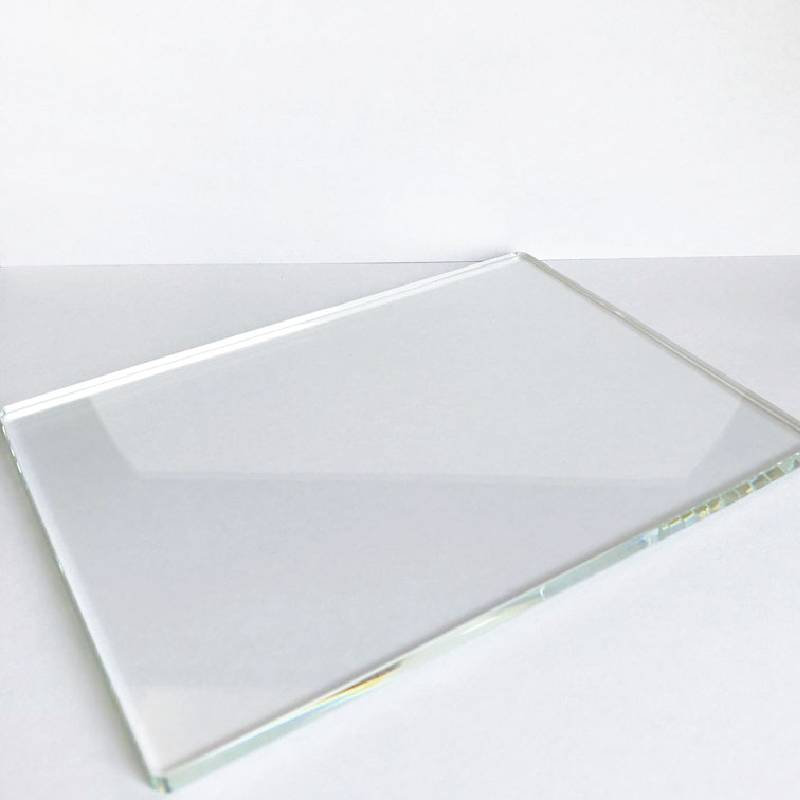Is Tempered Glass Unbreakable?
Tempered glass, also known as toughened glass, has gained immense popularity in various applications ranging from automotive windows to shower doors and glass facades of buildings. Many people often wonder whether tempered glass is unbreakable. To address this question, it is essential to explore what tempered glass is, how it is manufactured, its properties, and its limitations.
Understanding Tempered Glass
Tempered glass is produced by heating standard glass to very high temperatures (around 600°C or 1,112°F) and then rapidly cooling it. This process, known as quenching, creates a significant amount of internal stress within the glass, which results in greater strength compared to regular glass. Specifically, tempered glass is about five to ten times stronger than its untempered counterpart. In addition to its strength, tempered glass also shatters into small, blunt pieces rather than sharp shards when broken, reducing the risk of injury.
The Properties of Tempered Glass
The strength of tempered glass makes it an ideal choice for a wide variety of applications. For instance, in the automotive industry, tempered glass is used for side and rear windows due to its ability to withstand high-impact forces. Additionally, it resists thermal stress and is often used in environments subject to rapid temperature changes, such as in kitchens or near fireplaces. Its safety features and aesthetic appeal make it a common choice for modern architecture.
However, while tempered glass exhibits remarkable strength, it is not entirely unbreakable. Its construction can withstand significant impact forces; however, it can still break under extreme conditions. Various factors can contribute to its failure, including
is tempered glass unbreakable
1. Edge Chipping If the edges of tempered glass have not been polished correctly, they can be susceptible to chipping. Even a small chip can create weak spots that may lead to catastrophic failure under stress.
2. Impact Force Although tempered glass can withstand substantial impact, there is a threshold. A high-impact force—such as a heavy object falling from a considerable height—can cause it to break.
3. Thermal Shock While tempered glass is designed to handle thermal changes better than regular glass, it is not immune to thermal shock. Sudden changes in temperature, such as pouring cold water on a very hot glass surface, can cause it to shatter.
4. Manufacturing Defects If there are flaws in the production process, such as inconsistencies in thickness or internal stress distribution, the glass may fail unexpectedly.
Conclusion
In conclusion, while tempered glass is significantly stronger and safer than ordinary glass, it is not entirely unbreakable. It possesses impressive strength and safety features that make it suitable for various applications, but it is essential to acknowledge its limitations. Proper handling, installation, and maintenance are crucial in maximizing the longevity and safety of tempered glass. When it comes to choosing building materials, understanding the properties of tempering glass and the conditions it may face can greatly influence not just safety, but also aesthetics in architectural design. As with any material, informed decisions can lead to safer and more enduring applications.
 Afrikaans
Afrikaans  Albanian
Albanian  Amharic
Amharic  Arabic
Arabic  Armenian
Armenian  Azerbaijani
Azerbaijani  Basque
Basque  Belarusian
Belarusian  Bengali
Bengali  Bosnian
Bosnian  Bulgarian
Bulgarian  Catalan
Catalan  Cebuano
Cebuano  Corsican
Corsican  Croatian
Croatian  Czech
Czech  Danish
Danish  Dutch
Dutch  English
English  Esperanto
Esperanto  Estonian
Estonian  Finnish
Finnish  French
French  Frisian
Frisian  Galician
Galician  Georgian
Georgian  German
German  Greek
Greek  Gujarati
Gujarati  Haitian Creole
Haitian Creole  hausa
hausa  hawaiian
hawaiian  Hebrew
Hebrew  Hindi
Hindi  Miao
Miao  Hungarian
Hungarian  Icelandic
Icelandic  igbo
igbo  Indonesian
Indonesian  irish
irish  Italian
Italian  Japanese
Japanese  Javanese
Javanese  Kannada
Kannada  kazakh
kazakh  Khmer
Khmer  Rwandese
Rwandese  Korean
Korean  Kurdish
Kurdish  Kyrgyz
Kyrgyz  Lao
Lao  Latin
Latin  Latvian
Latvian  Lithuanian
Lithuanian  Luxembourgish
Luxembourgish  Macedonian
Macedonian  Malgashi
Malgashi  Malay
Malay  Malayalam
Malayalam  Maltese
Maltese  Maori
Maori  Marathi
Marathi  Mongolian
Mongolian  Myanmar
Myanmar  Nepali
Nepali  Norwegian
Norwegian  Norwegian
Norwegian  Occitan
Occitan  Pashto
Pashto  Persian
Persian  Polish
Polish  Portuguese
Portuguese  Punjabi
Punjabi  Romanian
Romanian  Russian
Russian  Samoan
Samoan  Scottish Gaelic
Scottish Gaelic  Serbian
Serbian  Sesotho
Sesotho  Shona
Shona  Sindhi
Sindhi  Sinhala
Sinhala  Slovak
Slovak  Slovenian
Slovenian  Somali
Somali  Spanish
Spanish  Sundanese
Sundanese  Swahili
Swahili  Swedish
Swedish  Tagalog
Tagalog  Tajik
Tajik  Tamil
Tamil  Tatar
Tatar  Telugu
Telugu  Thai
Thai  Turkish
Turkish  Turkmen
Turkmen  Ukrainian
Ukrainian  Urdu
Urdu  Uighur
Uighur  Uzbek
Uzbek  Vietnamese
Vietnamese  Welsh
Welsh  Bantu
Bantu  Yiddish
Yiddish  Yoruba
Yoruba  Zulu
Zulu 

